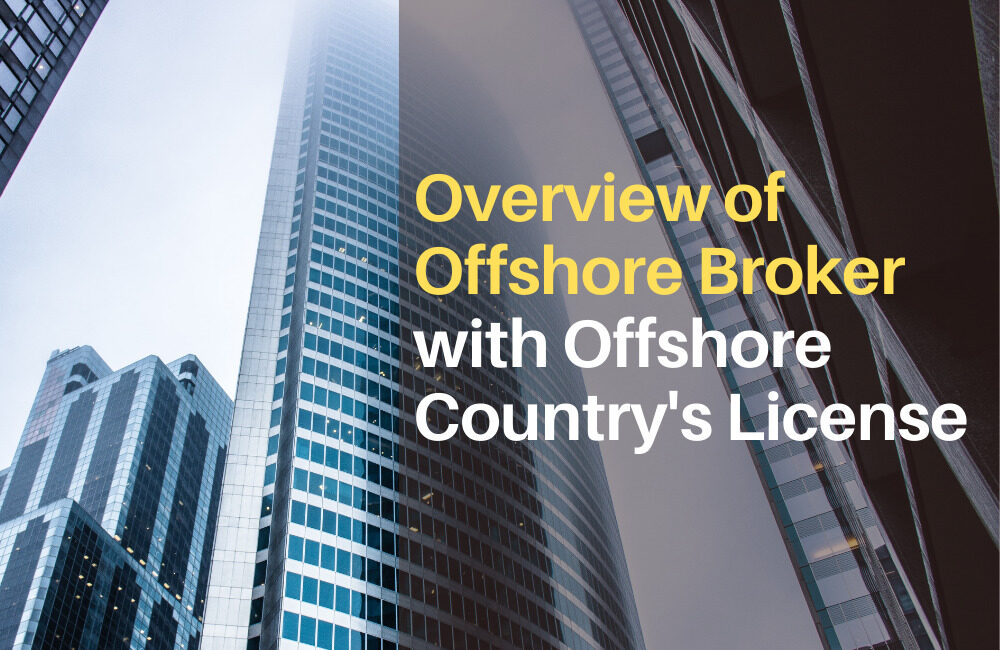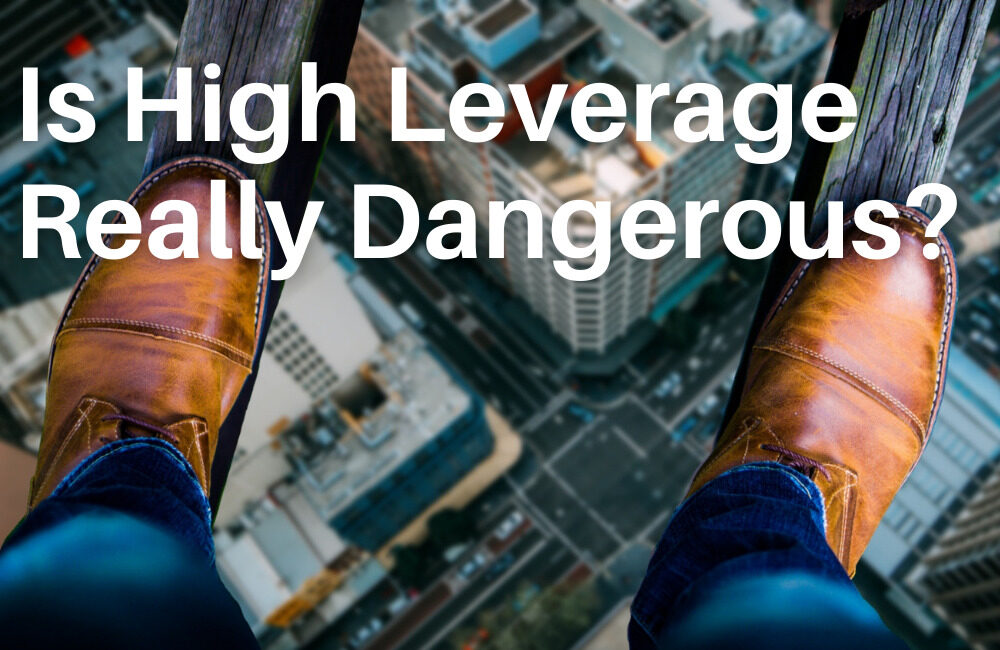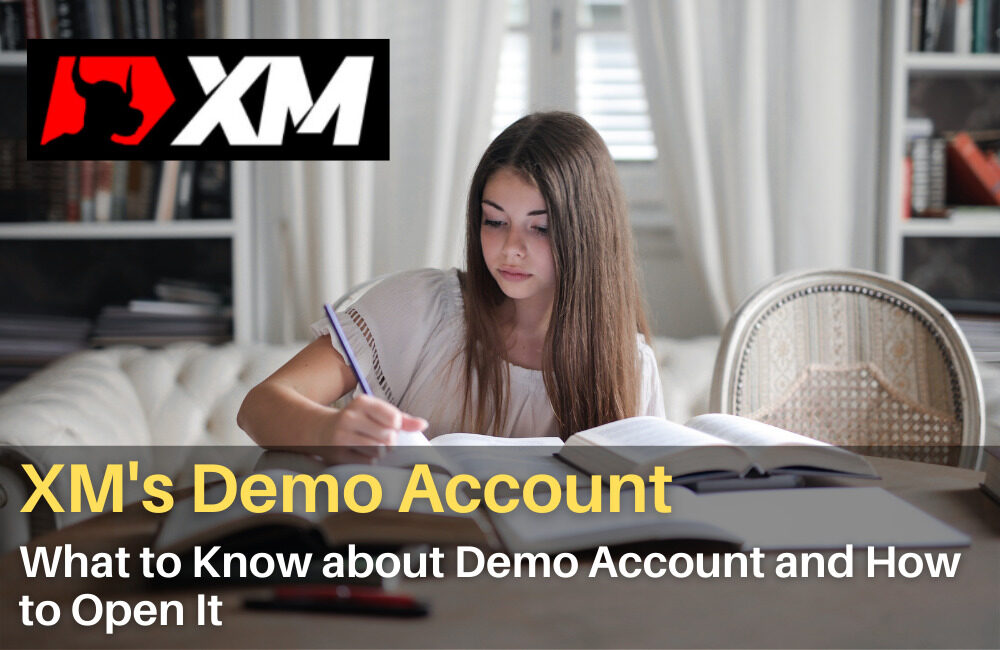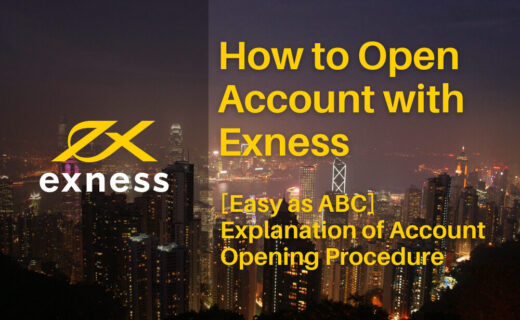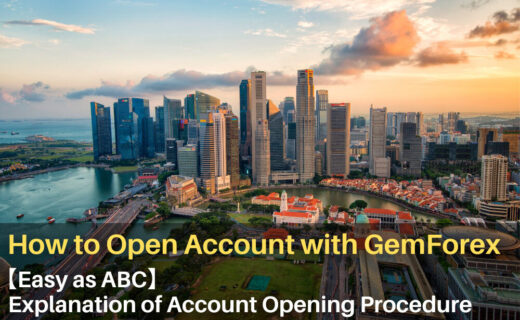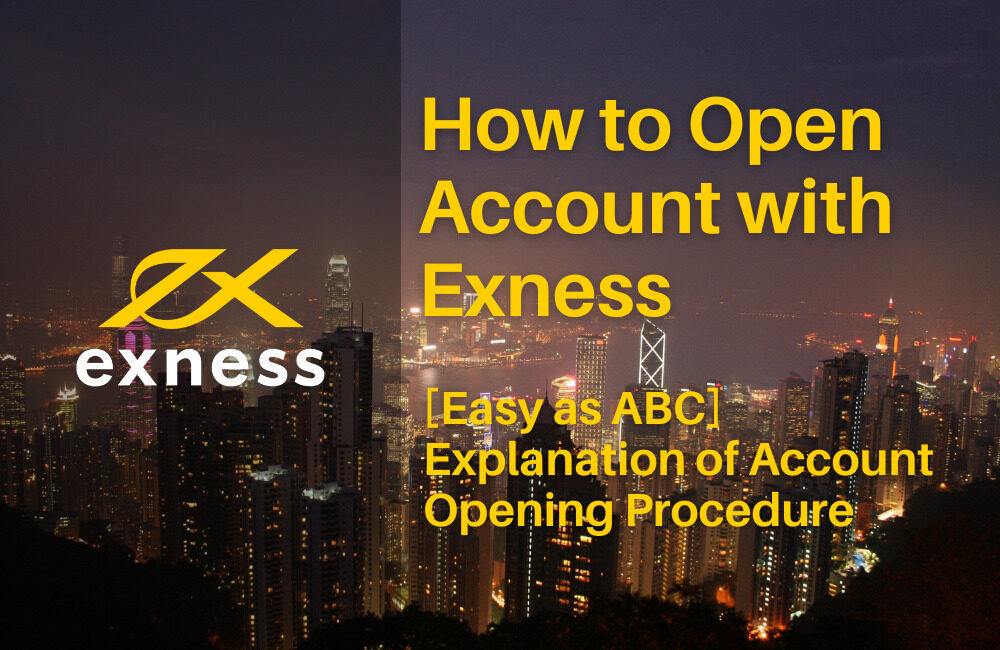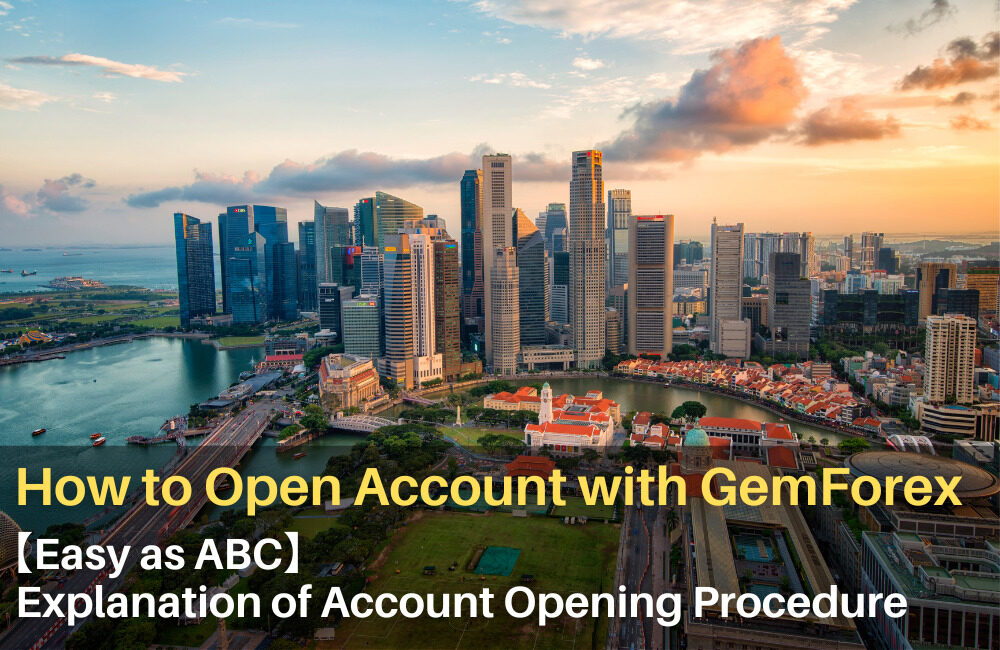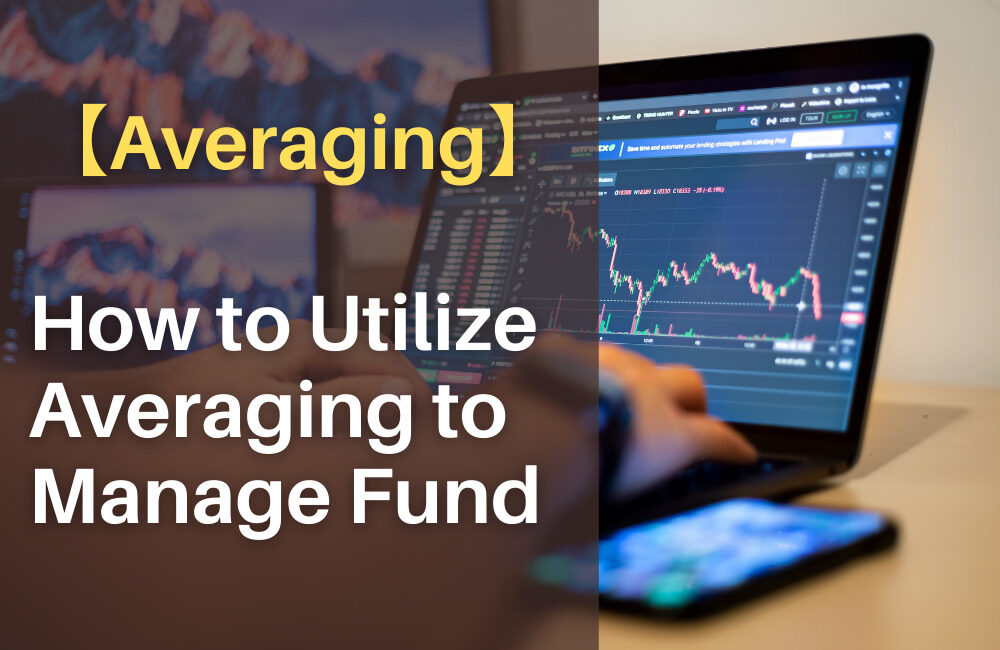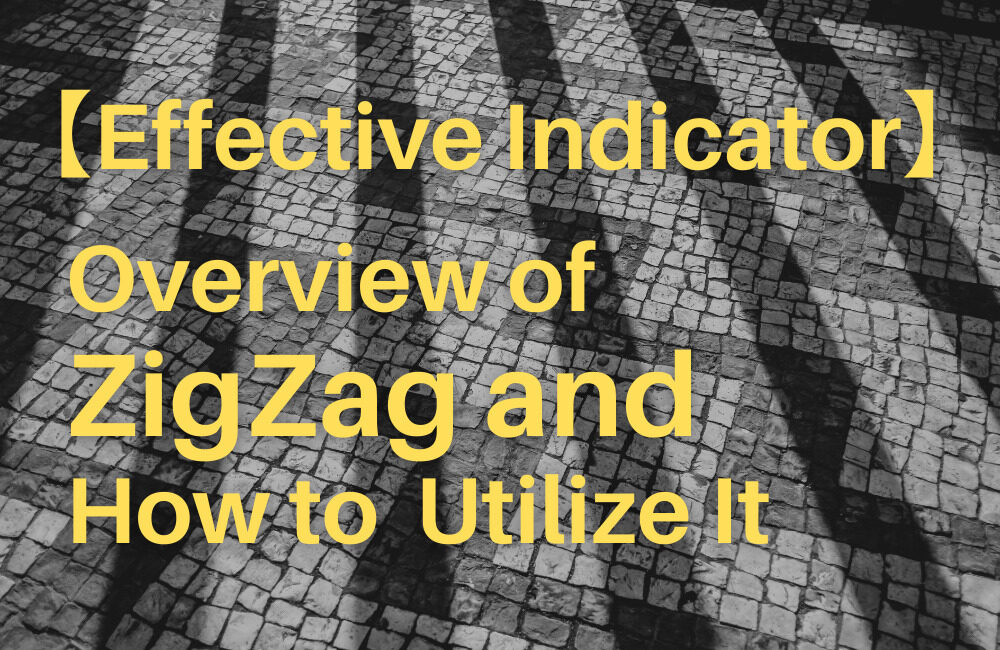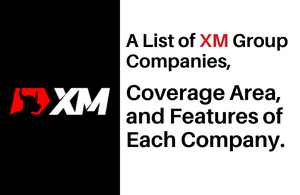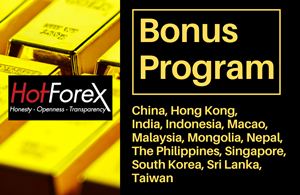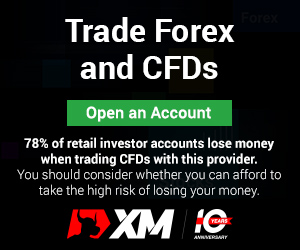"Offshore broker" means a forex broker that operates outside the country which issues the finance license to the broker. Some may be afraid of using offshore brokers, thinking that they are fraudulent. This article introduces an overview of offshore brokers to remove such doubt.
For details on finance licenses, please refer to the following article.
Related Article:【Secured Broker】 How to Choose a Broker Which Provides Secured Investor Protection
Related Article: Overview of Finance Licenses in the World
[Summary]
- "Offshore broker" means a forex broker that operates outside the country which issues the finance license to the broker.
- Offshore brokers are NOT frauds.
- Offshore brokers can take advantage of the offshore country's preferential tax treatment and lax regulation to offer tighter spreads, lower commissions, and a variety of bonus programs.
- In return, lax regulation to issue the license can lead to the rampancy of long firms.
- It is safe to say that brokers licensed by CySec and CIMA are reliable.
Contents
What Are Offshore Brokers?
Offshore brokers are a type of forex broker that operates outside the country which issues the finance license to the commercially registered broker.
For example, when an FX broker which registers in British Virgin Islands and is licensed by BVI Forex License (BVI) has its headquarter in London, the broker does not need to obtain a license from the U.K. financial authority to establish an office in London.
When it comes to offshore brokers, you will hear the name of the following countries and finance licenses issued by each financial authority.
- British Virgin Islands (BVI)
- Republic of Seychelles (FSA)
- Belize (IFSC)
- Cyprus (CySec)
- Cayman Islands (CIMA)
In general, offshore brokers register a company in a country where an offshore financial center resides and commerce business operations outside the country. Some complain, "A broker's registered address is found to be a rented office. So the broker must be a long firm!". But registering in a country of the offshore financial center is legal, and the broker has no intention to hide the fact. If you don't trust the broker, you should refrain from using it.
Advantage and Disadvantage
Offshore brokers give us the advantage of low transaction costs, bonus programs and other incentives. On the other hand, offshore countries issue their own finance license so laxly that it gives rise to safety concerns for the certified brokers.
Many finance licenses issued by offshore countries like Seychelles, Belize, and British Virgin Islands deny the certified brokers a permit to commerce domestic business operations but do not make a levy on their profits garnered outside the country.
Offshore brokers can take advantage of preferential tax treatment and lax regulation to offer tighter spreads, lower commissions, and a variety of bonus programs. However, such countries' lax regulation to issue the license can lead to the rampancy of long firms. So before using an offshore broker, you should make sure that the broker is not fraudulent. If you feel anxiety, you are recommended to avoid using the broker.
FYI, brokers introduced on this site are confirmed non-fraudulent.
Recommended Offshore Broker
| Broker | License | License Credibility | Operational Area | Official Site |
| XM (Europe) | IFSC | Average | Outside Europe | Official Site |
| XM (Outside Europe) | CySec | High | Europe | Official Site |
| Tradeview | CIMA | High | Not specified (Worldwide) | Official Site |
Due to the difference in finance licenses required to do business (or targeted clients) in Europe and other areas, XM has separate official websites.
XM (IFSC) [Outside Europe]
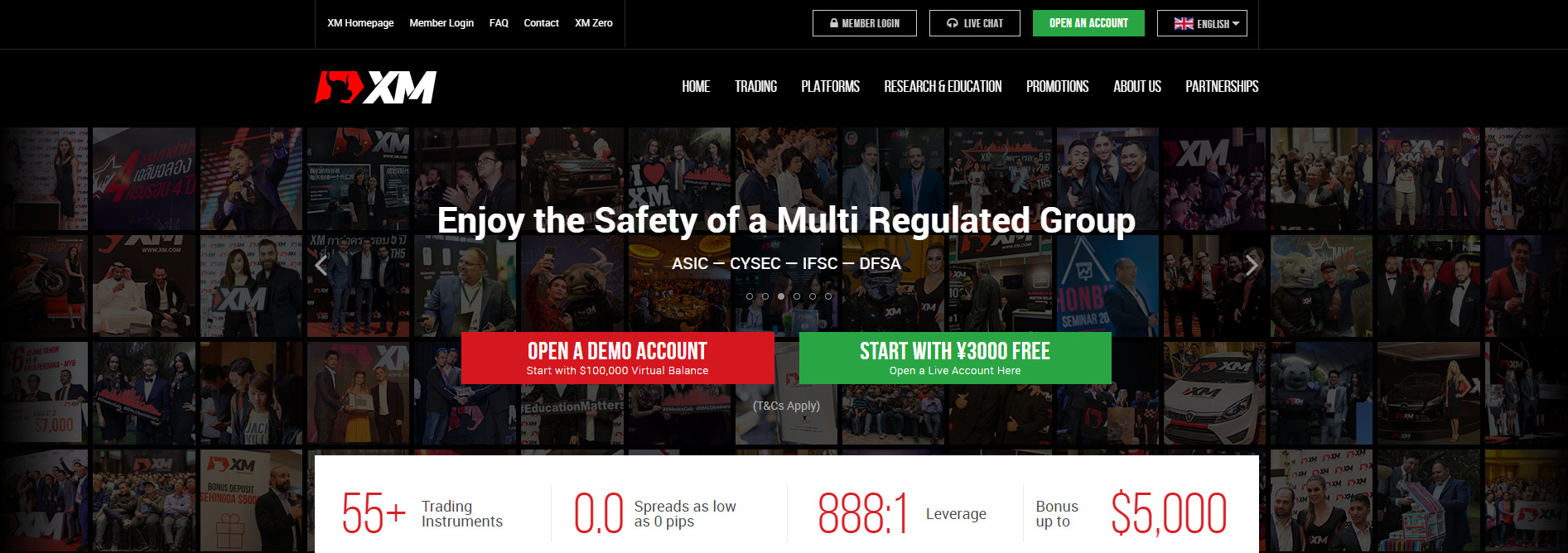
When an offshore broker is mentioned, a bonus program comes to mind. IFSC-licensed XM has so various bonus programs in comparison to other brokers that many traders living outside Europe open an account with it.
For details of XM's bonus program, please refer to the below.
【Closer Look at XM’s Extensive Bonus Program】 Why does XM’s program attract traders?
XM (CySec) [Europe]

Any FX broker that operates in Europe must meet the quite rigorous requirement to hold the CySec license. Having this license is proof of having a safe and secure trading environment.
CySec-licensed XM is highly regarded for its safety as a leading global broker and has gained popularity from traders living in Europe who want to utilize high leverage.
Tradeview (CIMA)
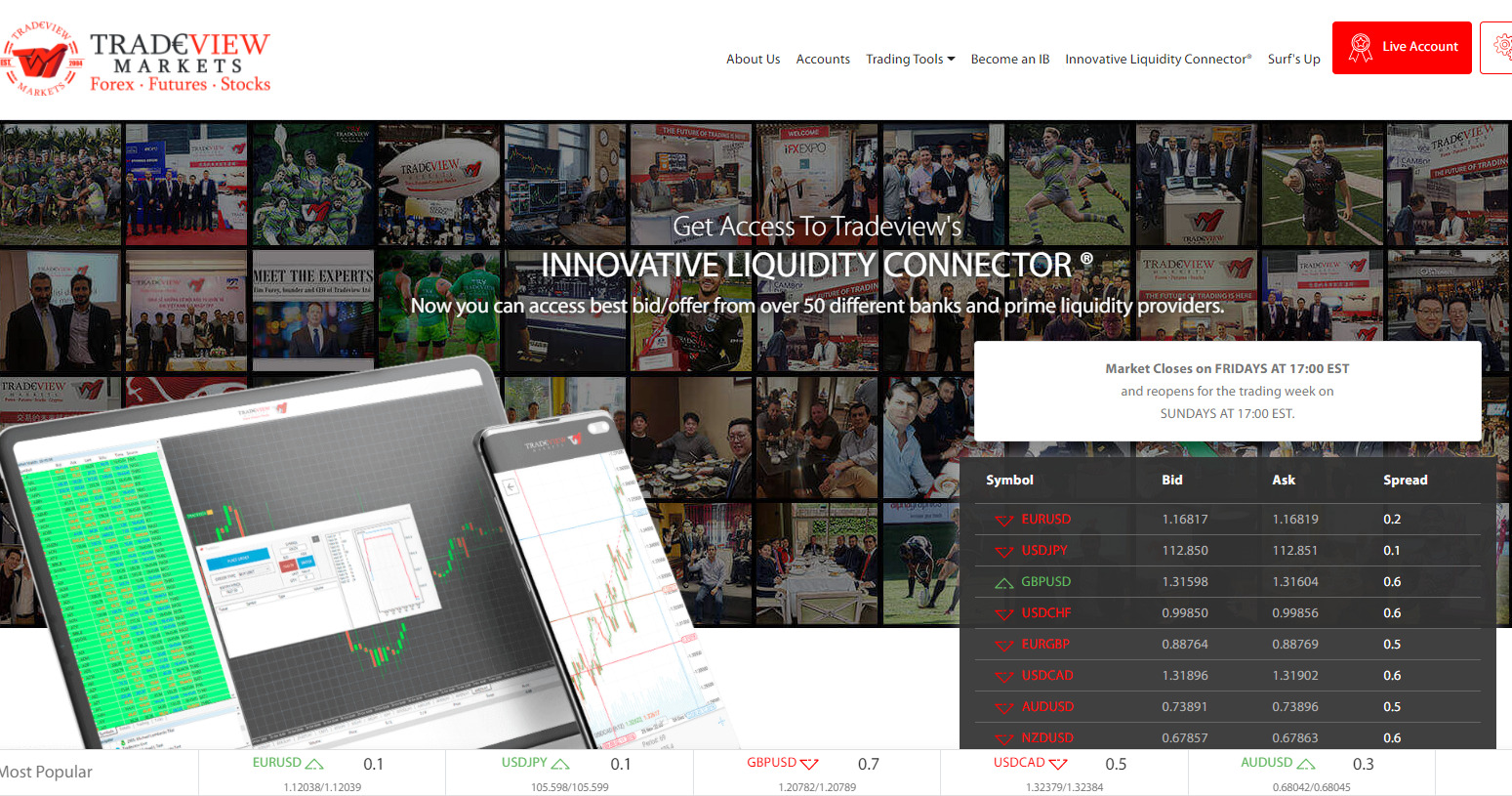
CIMA, along with CySec, is known as a safe and secure offshore finance license.
CIMA-licensed Tradeview gives the lowest commission in the FX industry.
Fraudulent Broker and Troubled Broker
"Fraudulent broker" can be defined as an FX broker that aims to defraud clients' money. On the other hand, "troubled broker" can be defined as a broker which offers poor service and has a risk of causing withdrawal delays or denial of withdrawals due to financial difficulties.
In fact, it is difficult to find a fraudulent broker from all brokers. However, there seems to be fewer fraudulent brokers than you might think. Rather, a broker that delays the withdrawal process should be noted as a troubled broker, not a fraudulent one. More brokers can be categorized as troubled broker than a fraudulent broker.
FYI, brokers introduced on this site are not categorized as either.
Are Offshore Brokers Fraudulent?
When you google "offshore broker scam" or similar keywords, you will find the following questions. This section answers these questions.
Q1: Is a broker using a fictitious address a fraudulent broker?
First, it is not a fictitious address but an address of a virtual office used for the company registration. Such a broker has an office at another place where staff is stationed. So, having a fictitious address is not a determinative factor of fraudulence.
Q2: If the broker's telephone number cuts across the country of company registration, is it deemed a fraudulent broker?
Offshore brokers may have a telephone number as a contact that does not match the country number where the broker registers. So, this is not a determinative factor of fraudulence.
Q3: Can the broker warned by the financial regulator be deemed fraudulent?
Yes, especially when the financial regulator labels the broker as fraudulent.
However, lacking the financial license issued by the country/region of the trader's residence cannot be a determinative factor of fraudulence. It is up to traders to choose the broker, and there are various factors to choose with, such as safety and service.
Conclusion
- "Offshore broker" means a forex broker that operates outside the country which issues the finance license to the broker.
- Offshore brokers are NOT frauds.
- Offshore brokers can take advantage of the offshore country's preferential tax treatment and lax regulation to offer tighter spreads, lower commissions, and a variety of bonus programs.
- In return, lax regulation to issue the license can lead to the rampancy of long firms.
- It is safe to say that brokers licensed by CySec and CIMA are reliable.
